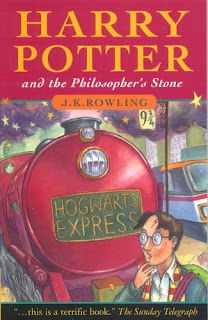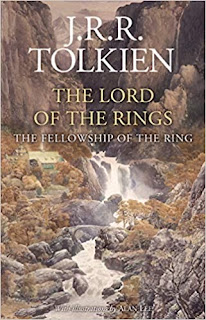 |
| Public Domain |
So. Another compulsory New Year’s Eve Post!
Here is one I did in 2014 https://suebursztynski.blogspot.com/search?q=December+31). It has SF author Connie Willis(1945) and editor and anthologist Ellen Datlow(1946) among the birthdays. This year I will add Bob Shaw(1931), another SF author(Irish), whom I once heard speak at Aussiecon 2, the 1985 World Science Fiction Convention, where he was the after-dinner speaker at the banquet. I recall him remarking on how weird it felt to be somewhere where the Minister for the Arts had a fanzine.(Race Matthews, a member of early Melbourne SF fandom)
Another one to add is Susan Schwartz, an American fantasy novelist(1949). I haven’t read her work in ages, but I do have a couple of her books.
I haven’t got around to reading anything by British fantasy writer Joe Abercrombie(1974), but it’s his birthday too, and I hear he is good.
So, who has had a good 2020? And who knew we would be spending most of this year in lockdown, panicking that the horrible virus would capture us, at this time last year?
I’m not doing much this evening, due to family commitments, but who is, really? I am looking forward to the Dr Who New Year special, even if we are going to lose two of the three companions(I will be very upset if they die!)
Still. I have sold a short story this year, and a couple of articles. I have read a lot of good books. I’m rereading The Dark Is Rising and finishing other books.
I was hoping to go to New Zealand for the World Science Fiction Convention. As you know from my earlier posts, that went virtual. And it worked. And it wasn’t the only one. I got to attend NASFIC and the World Fantasy Convention, because they were online. I would never have been able to go to either of those in a normal year. I hope that, having learned how to do virtual conventions, con organisers will consider inserting a virtual stream for people who can’t make it otherwise.
Meanwhile, I got a lot of new books as part of the package and bought some more, and I learned some amazing things from writers, artists and scientists, some of whom I had never heard of.
Many people used the first wave, anyway, to take up hobbies and learn something new. I wasn’t one of them. There just wasn’t time - again, due to family commitments.
I have attended one online funeral, but not a victim of COVID. She was my dear friend Theresa De Gabriele, whom I met through SF fandom, but who ended up in a nursing home with early onset dementia. She passed away in a hospital not that long ago.
I have found myself appreciating things I used to take for granted, such as taking long walks, eating out, seeing friends, going to the cinema and the museum, going outside without a mask. We have been almost back to normal the last few weeks - almost. And now someone came back I from Sydney and infected others... Sigh!
I’m glad the year is so nearly over, but I’m optimistic enough to think 2021 will be better.
So, happy New Year, my friends, and good reading!















